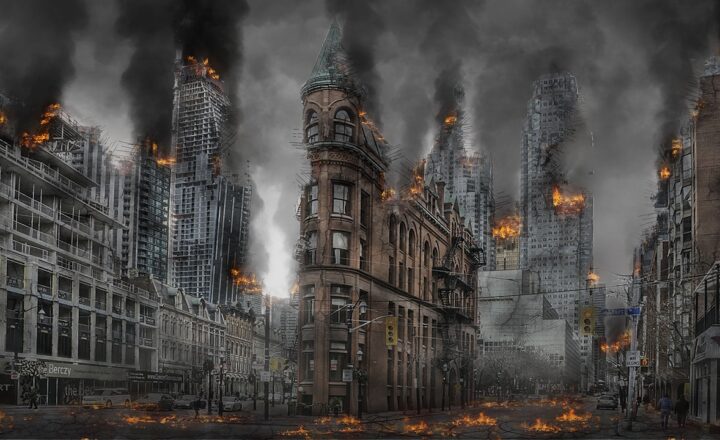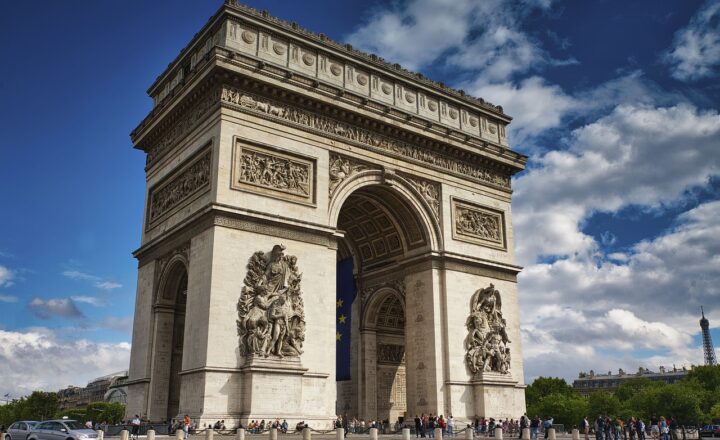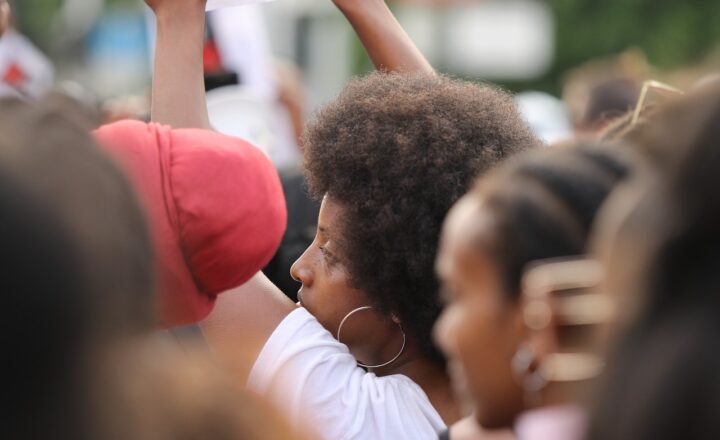The Most Influential Speeches in History and Their Impact on Political Change
November 16, 2024

Throughout the course of history, speeches have held the remarkable power to inspire movements, galvanize public opinion, and effectuate political change. Whether it was a call to arms, a plea for justice, or a declaration of peace, the right words delivered at the right time can shift the course of history and leave an indelible mark on nations. In this article, we’ll explore some of the most influential speeches in history, examine the contexts in which they were delivered, and analyze their substantial impacts on political change.
1. The Gettysburg Address – Abraham Lincoln (1863)
One of the most iconic speeches in American history, President Abraham Lincoln delivered the Gettysburg Address during the dedication of the Soldiers’ National Cemetery in Pennsylvania. In just over two minutes and 272 words, Lincoln reframed the Civil War as not just a battle for the Union, but a new birth of freedom that would bring true equality to all citizens.
**Impact on Political Change:**
The Gettysburg Address transformed the perception of the Civil War into a fight for human rights, uniting citizens under a common cause and reinforcing the idea of a nation founded on principles of liberty and equality. This speech significantly contributed to the eventual passage of the 13th Amendment, which abolished slavery in the United States, solidifying Lincoln’s vision of a truly united nation.
2. Martin Luther King Jr.’s “I Have a Dream” (1963)
On August 28, 1963, Dr. Martin Luther King Jr. delivered his famous “I Have a Dream” speech at the Lincoln Memorial during the March on Washington for Jobs and Freedom. In a powerful address, Dr. King articulated his vision of a racially integrated and harmonious America, imploring the audience to dream of a future where individuals would be judged by their character rather than the color of their skin.
**Impact on Political Change:**
The speech rallied thousands of supporters and galvanized the civil rights movement, fueling public support for civil rights legislation. It laid the groundwork for the Civil Rights Act of 1964 and the Voting Rights Act of 1965, both landmark pieces of legislation that aimed to eradicate racial discrimination and ensure equal rights for all citizens.
3. Franklin D. Roosevelt’s “The Only Thing We Have to Fear is Fear Itself” (1933)
In his inaugural address on March 4, 1933, Franklin D. Roosevelt faced an American populace reeling from the Great Depression. He famously stated that “the only thing we have to fear is fear itself,” urging Americans to confront their anxieties and work together for recovery and reform.
**Impact on Political Change:**
Roosevelt’s speech communicated both hope and action, restoring public confidence. His words laid the foundation for the New Deal, a series of programs and reforms aimed at economic recovery and social welfare that profoundly reshaped the American economy and government’s role in citizens’ lives.
4. Nelson Mandela’s “I Am Prepared to Die” (1964)
While facing trial for sabotage and terrorism in April 1964, Nelson Mandela delivered this powerful speech from the dock, outlining his fight against the apartheid regime and his willingness to die for the cause of equality and freedom.
**Impact on Political Change:**
Mandela’s speech garnered international attention and support for the anti-apartheid movement. It reinforced the moral high ground of the movement and urged the world to oppose racial oppression. His eventual release and presidency symbolized South Africa’s transition to democracy and a society committed to reconciliation and equality.
5. Winston Churchill’s “We Shall Fight on the Beaches” (1940)
In a pivotal moment during World War II, British Prime Minister Winston Churchill delivered a rousing speech to Parliament on June 4, 1940, emphasizing determination and resilience in the face of Nazi aggression. His words instilled hope and courage in the British people, rallying a nation under threat.
**Impact on Political Change:**
Churchill’s speech helped to unify Britain against the Axis powers, solidifying public resolve and commitment to the war effort. His leadership and thundering proclamations became symbolic of British resistance and paved the way for eventual Allied victory.
6. Malala Yousafzai’s United Nations Speech (2013)
On her 16th birthday, Malala Yousafzai delivered a powerful speech at the United Nations, recounting her experiences of being targeted by the Taliban for advocating for girls’ education. She called for global action to ensure education for all children worldwide.
**Impact on Political Change:**
Malala’s courageous speech brought unprecedented attention to the plight of girls’ education, influencing global discourse around educational rights. It contributed to the establishment of the “Malala Fund,” which aims to provide advocacy and funding for girls’ education internationally and inspired initiatives worldwide.
Conclusion
Speeches have played an essential role in shaping political landscapes, influencing public opinion, and driving movements toward change throughout history. From the clarion call for equality to the indomitable spirit of resilience, the words of leaders resonate far beyond their times. As we continue to face societal challenges, understanding the power of speech remains crucial in fostering dialogue, inspiring action, and promoting positive change. By studying these pivotal moments, we gain insight into the transformative potential of eloquence and conviction in the pursuit of justice and progress.







